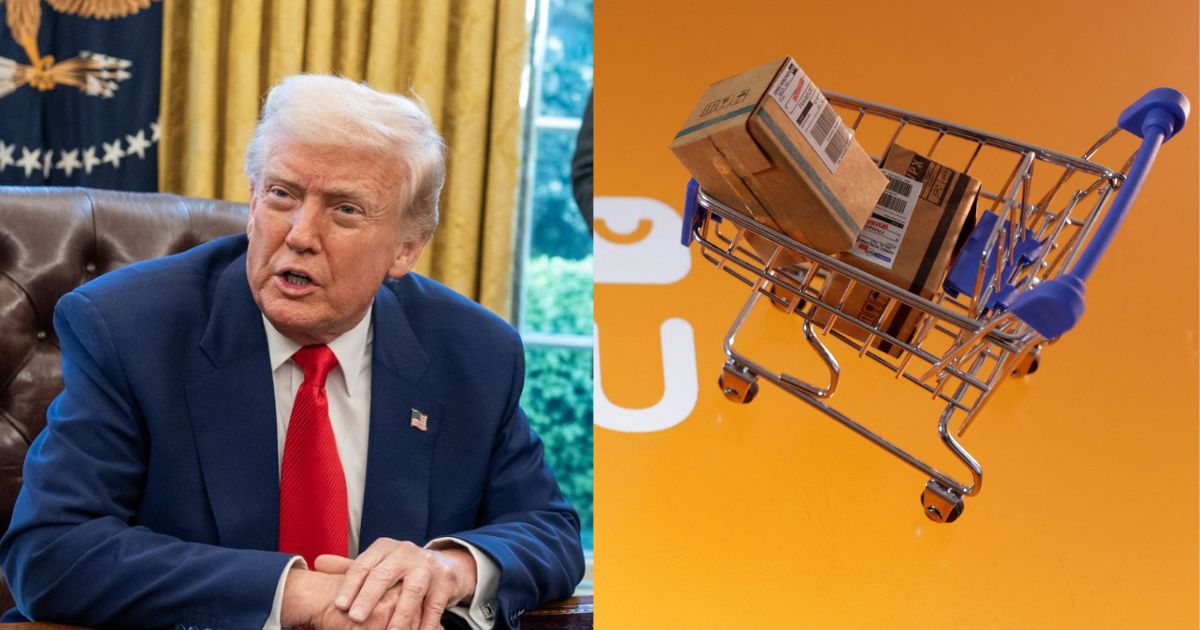Donald Trump’s tariff agenda is bound to cause more harm than good to American consumers. The US government is adamant about imposing heavy tariffs on goods exported from several countries. The heavy taxation policies are now making global brands reconsider their pricing policies.
An important thing to keep in mind, which is often misunderstood, is that the governments of respective countries do not pay the tax on these imported goods. The companies exporting the goods, which in turn forces them to consider adjusting the pricing point to cope with the heavy tariffs.
The newest executive order Trump signed on May 2, 2025, will likely force Chinese brands to give changing their pricing policies a thought. The previously observed provision known as the “de minimis exemption” will be waived.
The provision facilitated “trade by eliminating the administrative burden of collecting negligible duties on low-value goods at a high cost to the government.” Under the provision, international brands could ship packages worth $800 or less to America without being taxed.
Trump recently spoke about the new executive order and how it would help eliminate deceptive shipping practices from international brands. The President noted how “crucial” it was to eliminate the provision in order to counter “ the ongoing health emergency posed by the illicit flow of synthetic opioids into the U.S.”
Trade experts have revealed how the new changes will continue to affect consumers in the U.S. The new executive order will certainly cause increased prices on the goods exported by Chinese brands. Consumers will potentially face shipping delays. The amended law will force the U.S. Customs and Border Protection to screen likely millions more packages than usual.
On April 25, Shein announced that it would increase the prices of its goods to cope with the new trade policy. In an official statement, the brand noted that its commitment to making style accessible to everyone hasn’t changed. “Some products may be priced differently than before, but the majority of our collections remain as affordable as ever,” they added.
If you have ever bought something from Shein, Temu or Amazon Haul, chances are you have benefited from a little-known, but widely used, trade loophole: the de minimis exemption.
The exemption allows packages valued under $800 to enter the United States duty free, following the… pic.twitter.com/WrnmEw2zkn
— PBS News (@NewsHour) April 18, 2025
Punchbowl News reports that Amazon is planning to practice transparency when it comes to tariffs. The e-commerce giant will share “how much of an item’s cost is derived from tariffs, right next to the product’s total listed price.”
Temu also released an official statement detailing that their “ operating expenses” have gone up. “To keep offering the products you love without compromising on quality, we will be making price adjustments starting April 25, 2025,” the company added.
Spanish brand Zara’s CEO, Garcia Marceiras, himself addressed the tariff changes and revealed what the company plans on doing. “The Americas as a whole accounted for a smaller share of global sales in 2024, at 18.6 percent,” the CEO shared. He went on to add that the company has supplies in 50 countries worldwide. That alone would let Zara maintain the price point they currently sell their products.
The New York Times reported that AliExpress seems “concerned but undeterred” regarding the new tariffs. According to the report, the company assured its customers that it could take care of the “customs procedures” in a recent press conference in China.
The U.S. ended the de minimis exemption for duty-free packages under $800, targeting trade loopholes and opioid imports. Now, packages face a 30% duty or $25 fee, increasing to $50 in June. This change may raise costs and slow deliveries, affecting small businesses and consumers. pic.twitter.com/gGyLdS5Wxk
— Wayne DuPree (@TheDupreeReport) May 2, 2025
In a conversation with Reuters, H&M CEO Daniel Ever gave his two cents on the situation. “We feel at the end of the day, it will come at the cost of the consumer,” he told the outlet. He went on to note that the company believes in doing business on “fair and equal terms.”
The CEO also pointed out that the new tariff policies “are not supporting global trade and global trade development.” H&M is one of the streetwear brands that will be largely affected by the new policies. America is the brand’s second biggest market, making it impossible for the brand to avoid changing the price point on its products.









